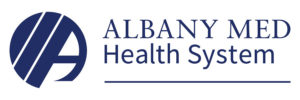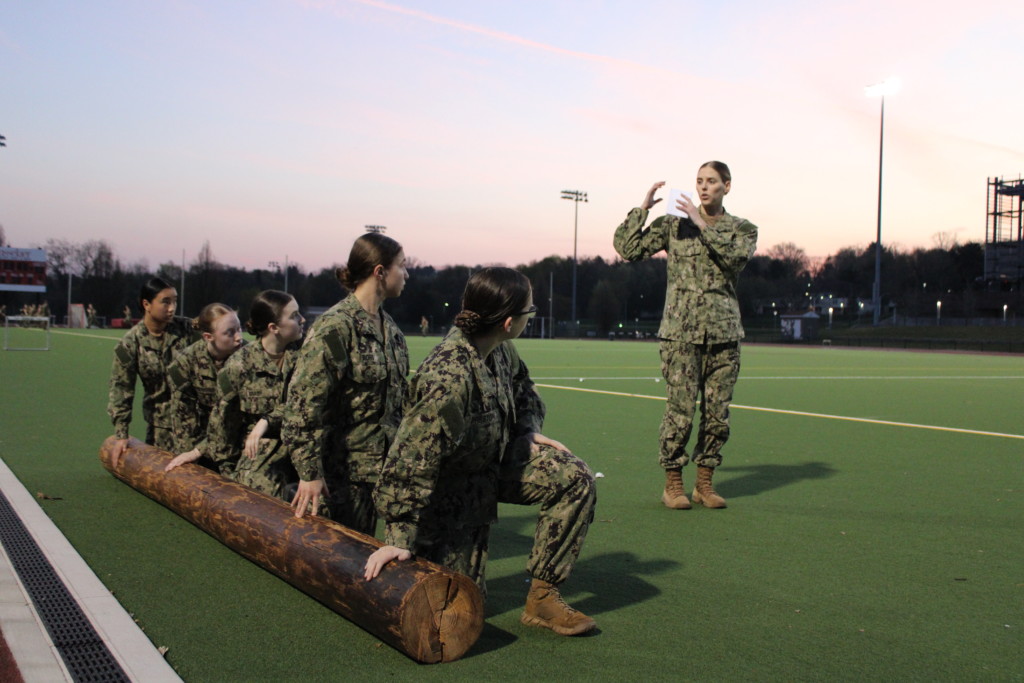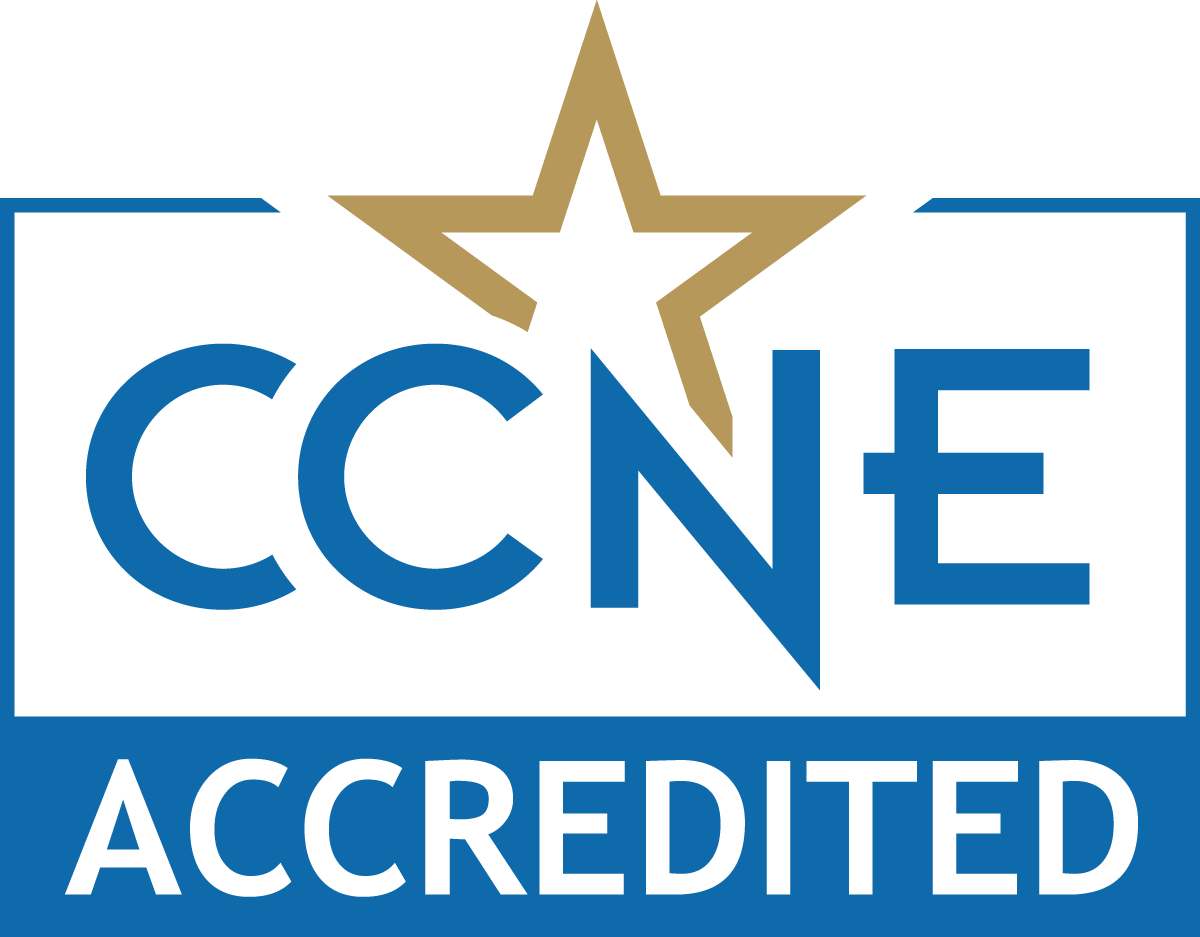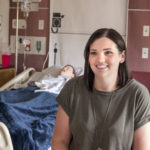How to Become a Nurse Practitioner
Becoming a nurse practitioner (NP) is a rewarding path for those who want to take their nursing careers to the next level. Nurse practitioners are advanced practice registered nurses (APRNs) who combine clinical expertise with a compassionate, patient-centered approach to healthcare. They are licensed to diagnose illnesses, prescribe medication, and develop treatment plans, often working […]
















